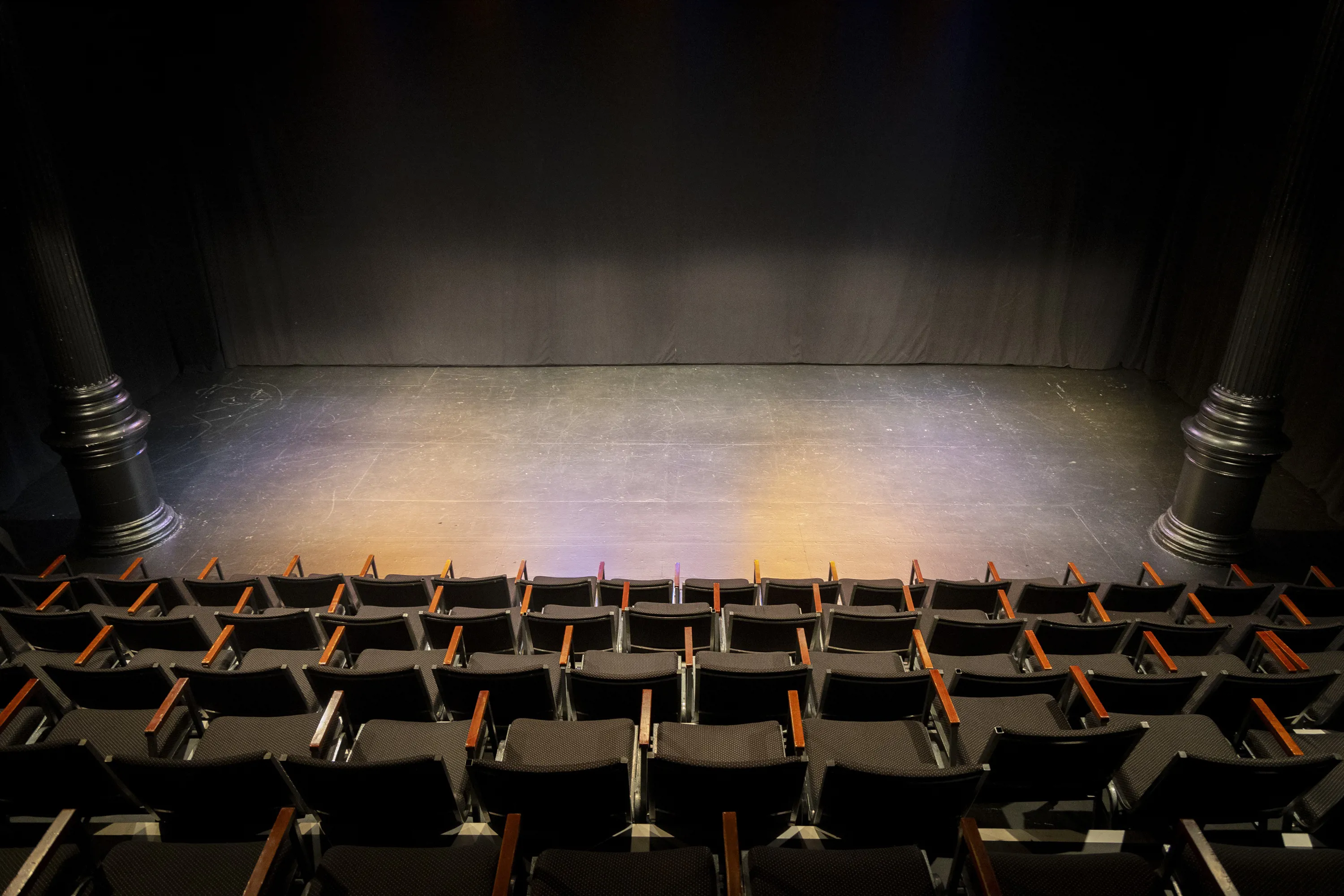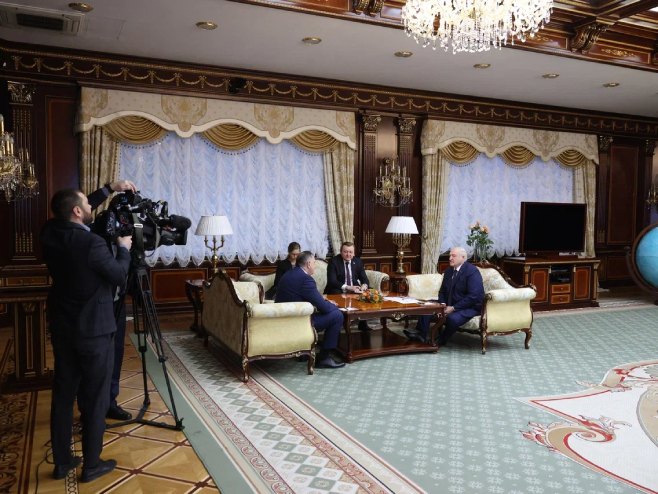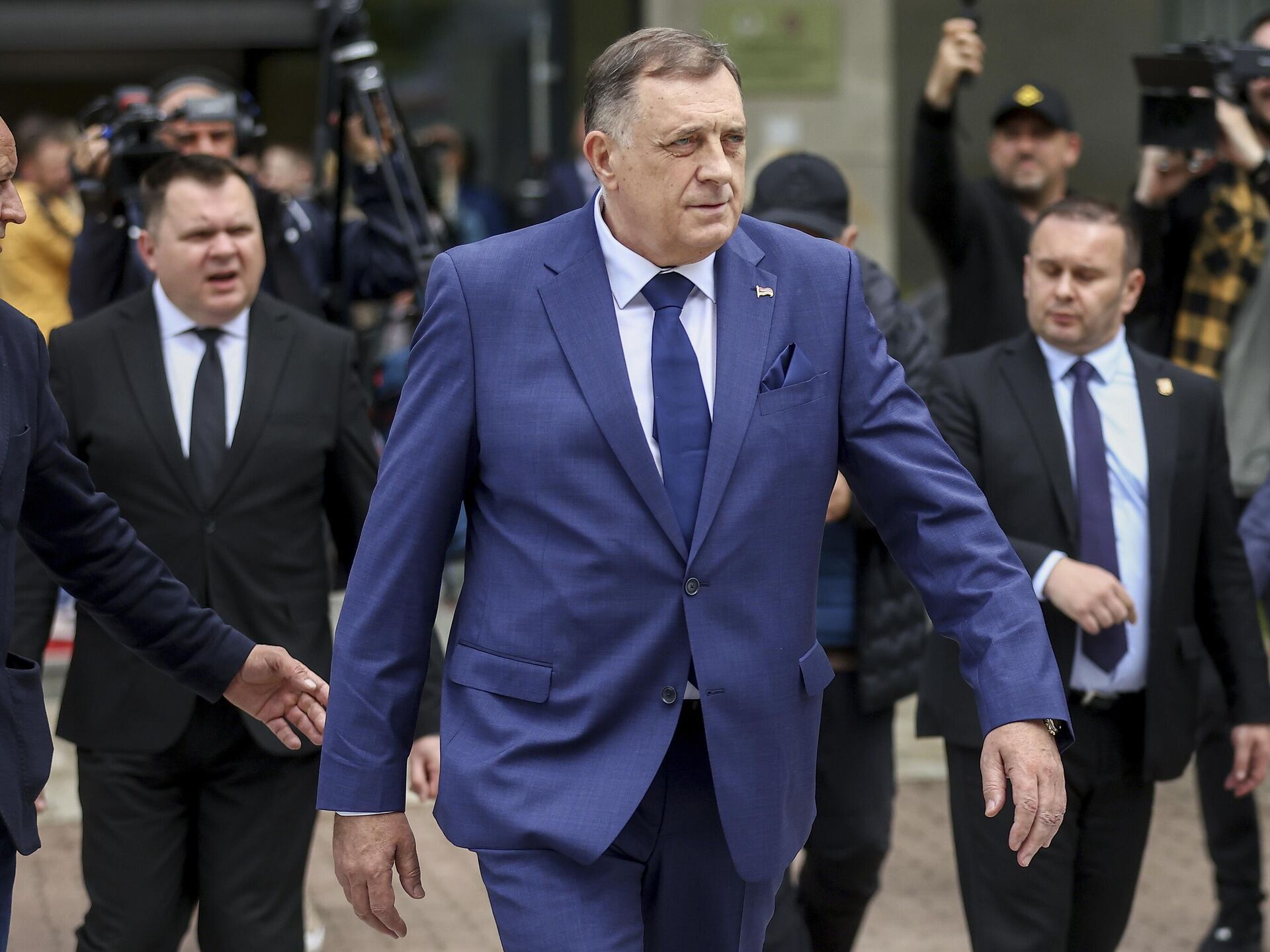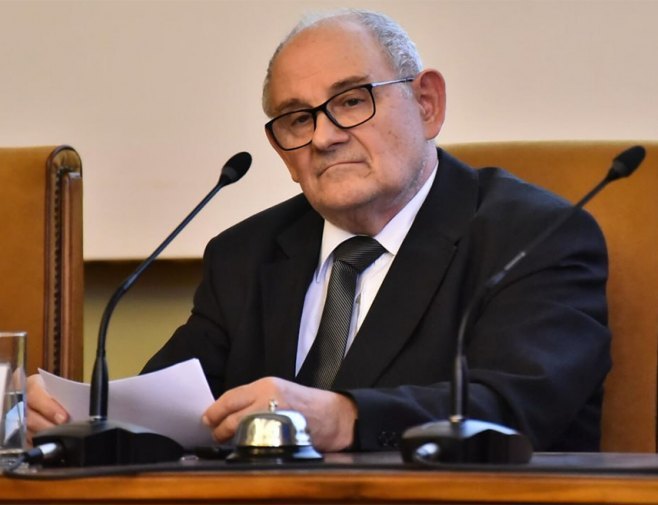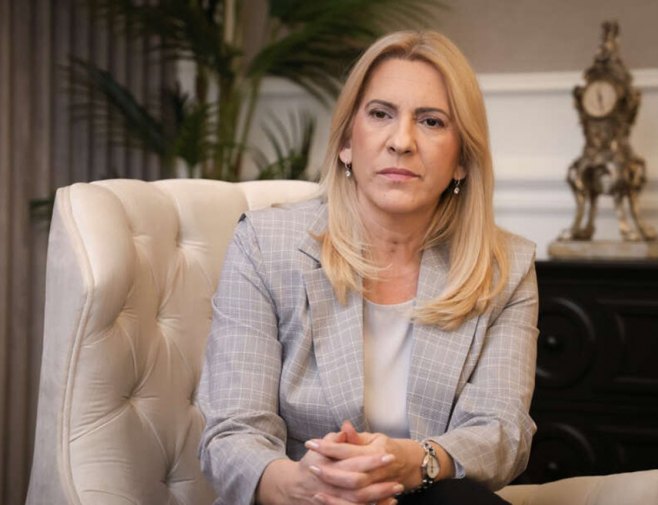The official visit of the delegation of Republika Srpska to Belarus, led by President Milorad Dodik, has just concluded, and the messages from Minsk are already being analyzed, as well as the meetings Dodik will have in the coming days.
Analysts consider the meeting between Dodik and Lukashenko significant, occurring at a time when Western countries are attacking Republika Srpska.
Regarding the announced meetings, including with the presidents of Russia, Turkey, and the Prime Minister of Hungary, they say – the world is changing, and in this reshuffling of the order, it is good for Srpska to be with countries and nations with which it can build partnerships.
Diplomacy is a corridor for developing political relations, which will condition future economic processes. This corridor is successfully used by the President of Republika Srpska. Despite the rigorous approach of Brussels and Washington, Srpska is expanding its friendships worldwide.
“It is good to expand friendships, to strengthen mutual economic exchange with every country in the world where you have a friendly relationship, which could benefit both sides, without anyone having to grow at the expense of another,” says political scientist Vojislav Savić.
The visit to Belarus shows that Srpska is not isolated. According to Rajko Petrović from the Institute for European Studies, the power of countries like Russia, Turkey, and Belarus as one of the most developed countries in numerous segments, cannot be underestimated.
“Republika Srpska has countries it can rely on, and generally, Belarus has shown through its history that it is a great friend of the Serb people, even in the toughest times, when Lukashenko in 1999 was the only foreign leader who visited our country during the bombing,” says Petrović.
Dodik traveled from Minsk to Kazan, where he will attend the Future Games opened by the President of the Russian Federation Vladimir Putin. A meeting between Dodik and Putin is planned, followed by a meeting with Erdogan in Antalya at the beginning of March. The arrival of Hungarian Prime Minister Viktor Orbán in Banja Luka is planned for March. In the eyes of the West, according to Vojislav Savić, these will be meetings of the “bad guys.”
“We can extend our hand to the West a thousand times, but there will always be silence on the other side, and there will always come new orders, new conditions, humiliations, and a kind of subtle racism, where you are not considered a worthy inhabitant of the West. In this sense, this is a matter of elementary national dignity to seek allies where people want to be allies,” says Savić.
And through the voice of those allies, significant international partners, it is important for Srpska’s voice to be heard at a time when it is exposed to pressures.
“We know how important the Russian Federation is for the protection of Republika Srpska in the UN Security Council, there is also China with which Republika Srpska also maintains very good relations. Belarus is an extremely important economic partner. Hungary is key at this moment at the level of the European Union because it fights against the rest of Europe and against the Brussels administration regarding some attempts to sanction Republika Srpska,” says Aleksandar Mitić, a research associate at the Institute for International Politics and Economy in Belgrade.
According to publicist Igor Ivanović, through international contacts, Republika Srpska is boosting its self-confidence, and every contact outside the Balkan borders, in economic, political, and moral terms, brings great benefits.
“Today, talking with Putin means a lot. Tucker Carlson showed it; he has billions of views in a single interview. These are simply harbingers of a new era, the multipolar world in which we already live, in which we will live. I think that Republika Srpska is timely catching that connection,” says Ivanović.
And not just catching. According to analysts, the held and future meetings show that Srpska is already part of this new multipolar world. Therefore, they say, it should not be surprising if they become the subject of condemnation by some in the West.
Source: RTRS

